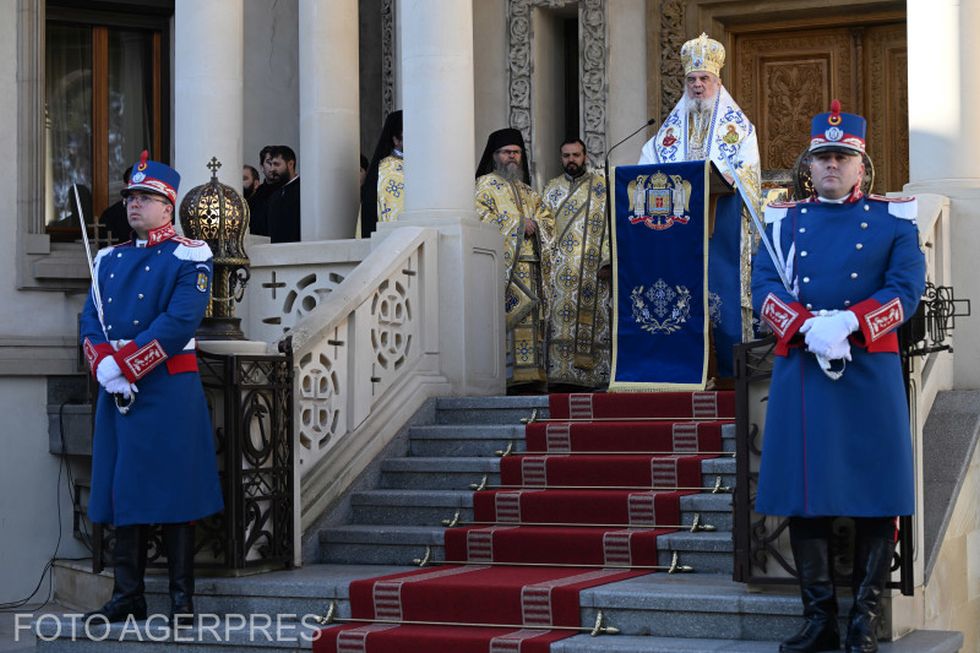Radio Yerevan
Some of the most popular jokes during the Communist regime were the ones featuring the fictional radio station Radio Yerevan

Steliu Lambru, 05.02.2018, 11:01
Political jokes were among the favorite pastimes of Romanians during the communist regime. However, they were by no means specific to Romania. Political jokes were pervasive in all former communist countries, with local variations. The best ones came from the USSR, and they provided a welcome means of poking fun at daily hardship. Political jokes depicted comical situations, often absurd, whose protagonists were regular people, repressive state institutions, and political leaders. The main protagonist of Romanian political jokes before 1989 was Bula, whose name itself is a crude play on words. More often than not, Bula was a naïve witness to surrounding realities.
One other very popular formula for jokes was the one featuring the fictional radio station Radio Yerevan, which supposedly provided answers to questions sent in by listeners from across the Soviet bloc. The jokes were as brief as they were cutting. One example would be:
A listener asks: Is it true that capitalist society is on the brink of the precipice? Radio Yerevan answers: Of course. They are looking at us plummeting.
We talked to historian Eduard Antonian why a fictional radio station had the name of a real city, the capital of Soviet Armenia:
“Radio Yerevan jokes were a form of dissidence, even in the Soviet Union. Most of the jokes were political in nature. It was a way of making fun of stark reality. A famous Radio Yerevan joke was that about the zebra, which was simply a donkey dressed in a striped prison suit. I remember that, back in the early 1990s, after Armenia became independent, the director of the actual Radio Yerevan station came to Bucharest, and was baffled as to why his station was so famous in Romania. When he landed at the airport, the border guards asked him what his occupation was, and he said he was the director of Radio Yerevan. They all burst out laughing, and he didnt understand why. On top of that, they asked him to tell them some jokes about his radio station. A friend of mine was telling me that, when the present director of Radio Yerevan was appointed, he posted on his Facebook page: Careful, I am the new director of Radio Yerevan, and any joke you tell will be taken personally. “
In the Soviet Union, as in any other country, people circulated clichés specific to every country, just like in every country they have stereotypes about each region. Eduard Antonian believes that Radio Yerevan was picked as the center of these jokes because Armenians were perceived as being particularly astute:
“In the former Soviet Union, with its mélange of people, each ethnicity was presented differently. For instance, Tadjiks and Uzbeks were thought to be less sophisticated, and not too bright. Russians and Ukrainians represented the Slavic spirit, Lithuanians, Latvians and Estonians were seen as more Western, while Armenians were believed to be sharp and witty. They knew how to turn any situation to their advantage, and to that of people around them. Most humorists in the former USSR were Armenian, they represented Caucasian wit, as Caucasians were seen as being people who knew how to enjoy life. The communist regime in Armenia was not as repressive as in other republics, like Ukraine, for instance. I would mention here the man called The Survivor, or The Master of Unending Postponement, Anastas Mikoian, the man who settled the Cuban Missile Crisis.”
Radio Yerevan jokes were customized to fit each country in particular. To take Romanias example, Nicolae Ceausescu was famous for his long winded speeches. The deeply underhanded joke related to that goes: A listener asks Radio Yerevan: Can one die from cancer of the throat? The answer: Yes, but he doesnt have it, you know!
Eduard Antonian also pointed out that eventually the jokes branched out into the non-political:
“Most of the jokes were political jokes, but they eventually started being regular jokes too. Obviously, the jokes were locally adapted. For instance, I remember one joke that goes: A Radio Yerevan reporter was panicking in Prague as the Soviet tanks were rolling in. He saw a taxi and ran to the driver, who was lazily leaning against his car. He asked in a panic: Is this taxi free? The driver retorts: Of course not, its Czech! These jokes were a platform to vent frustrations. I dont know of any published collection of these jokes, but the Internet is full of them.”
As much as these jokes amused the inhabitants of the Soviet bloc, they lost their reason for being, but they did not lose any of their savor for the people who still remember the times.






























